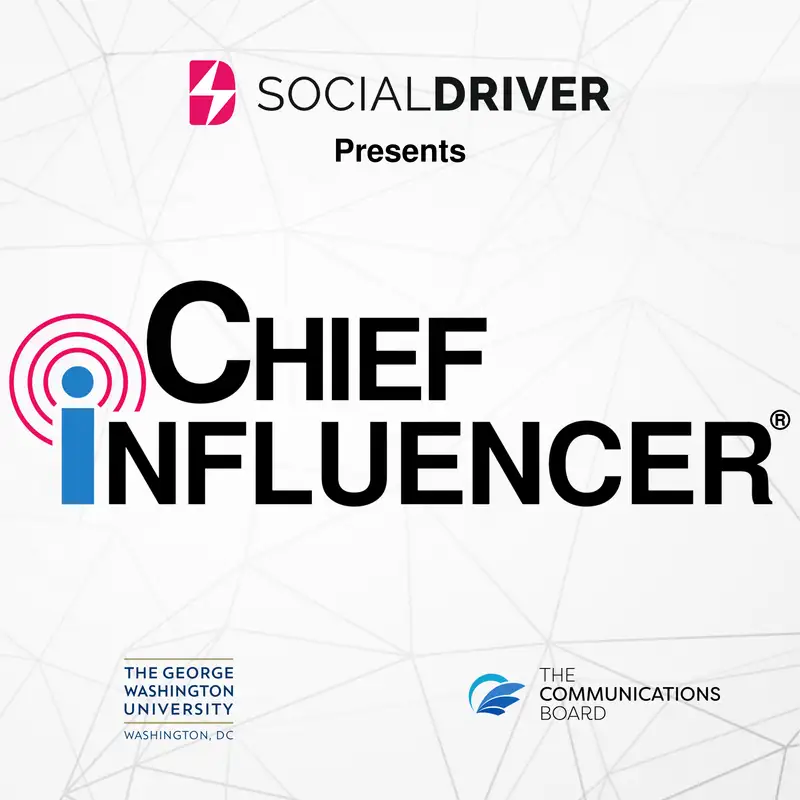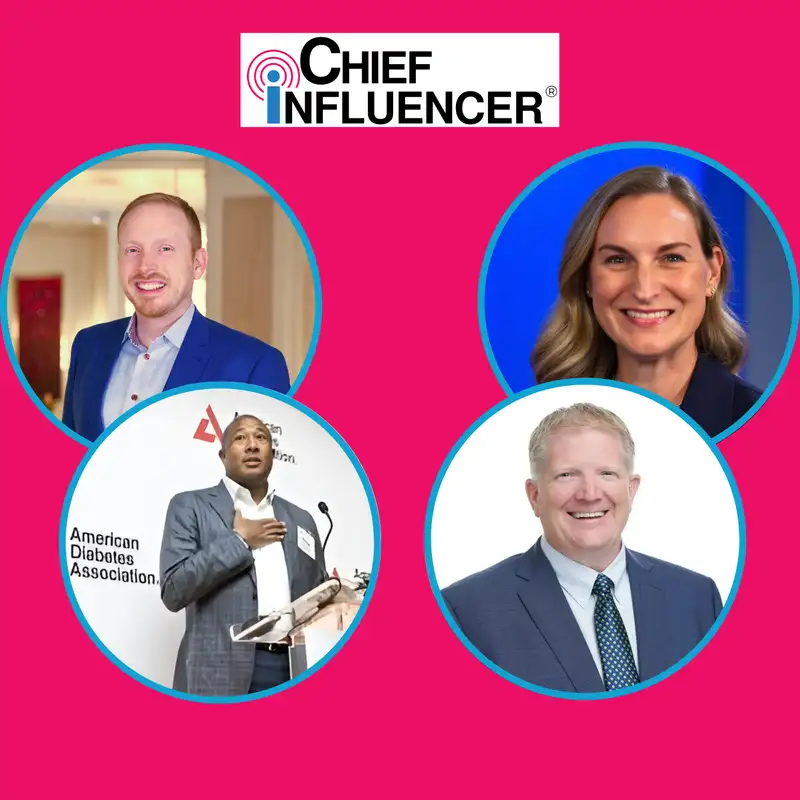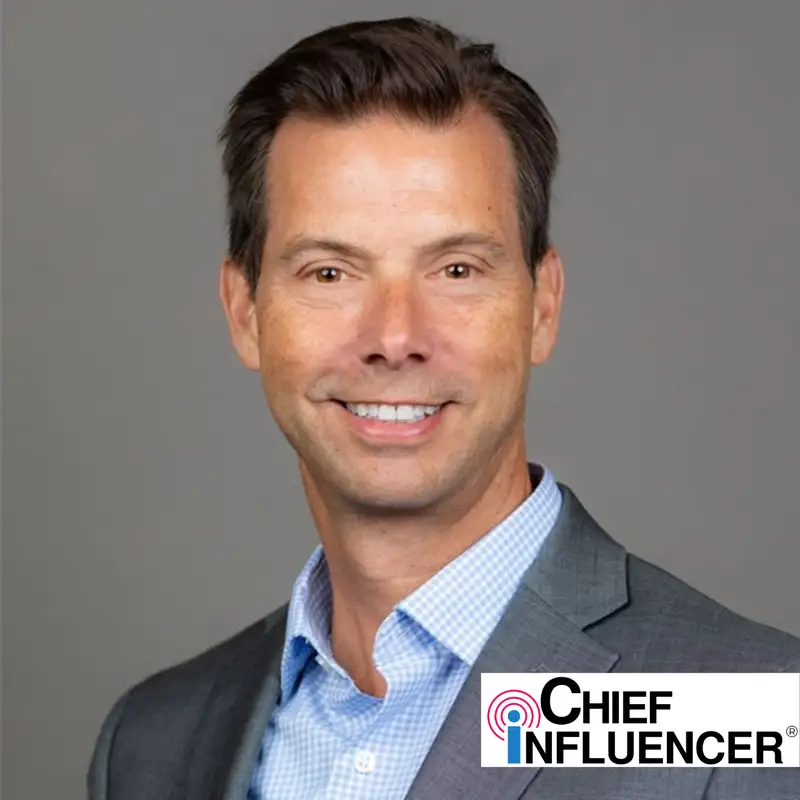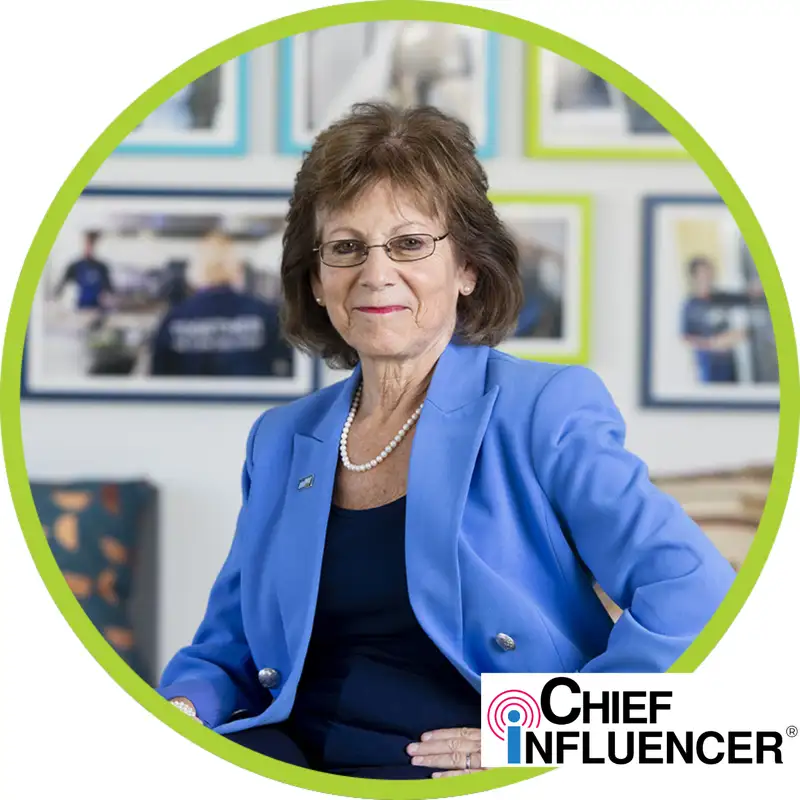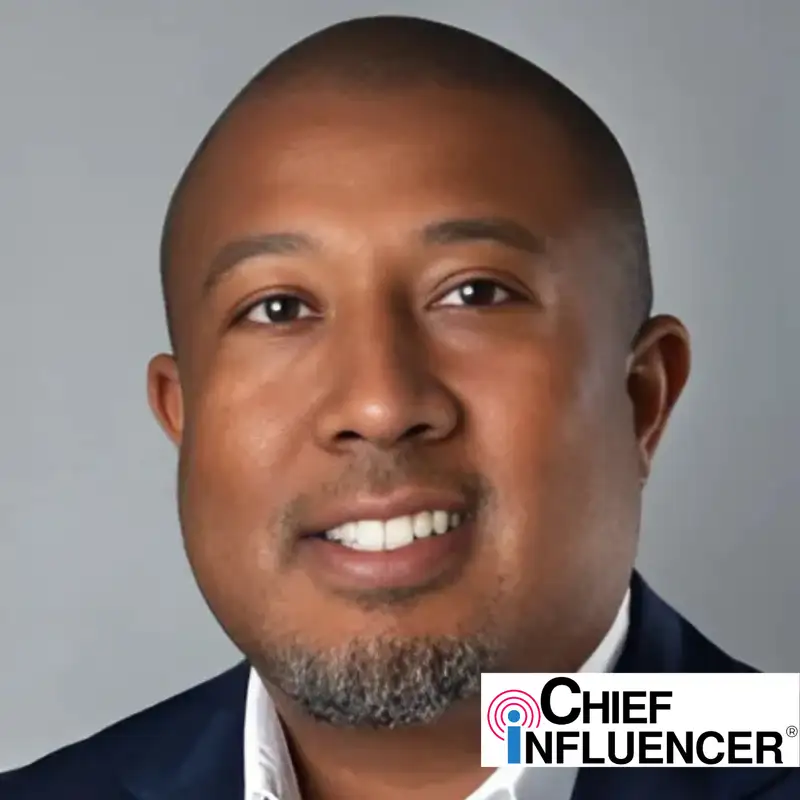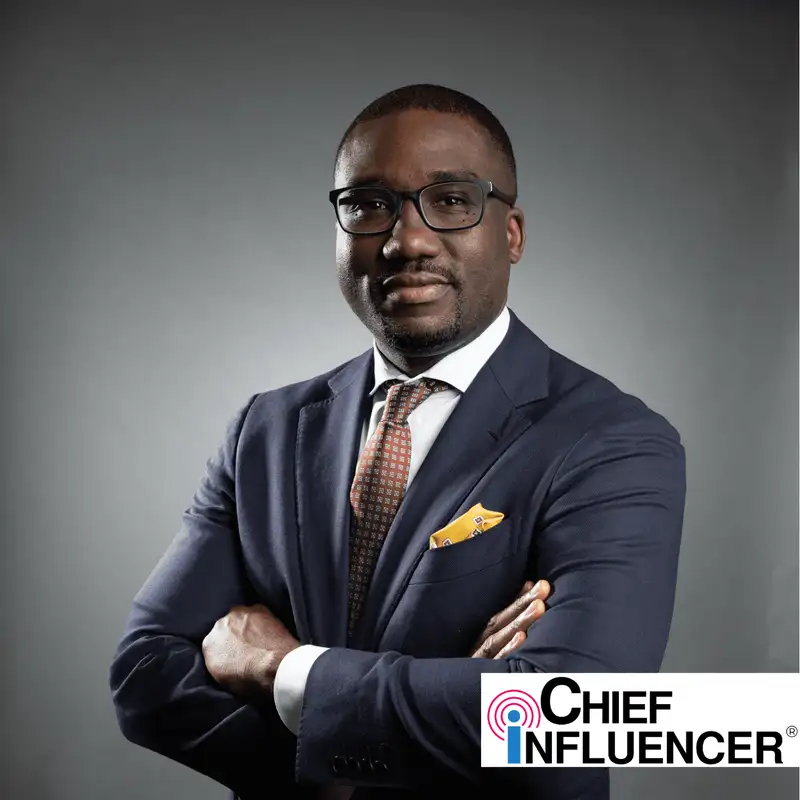The Currency of Influence: Permission, Proximity, and Authentic Connection | Jean Accius
Dr. Jean Accius, President and CEO of Creating Healthier Communities and a globally recognized authority on health equity and longevity, joins host Anthony Shop for a compelling conversation about what it truly takes to influence across sectors, build trust, and drive lasting social impact. Dr. Accius reflects on his Haitian upbringing and the guiding wisdom of his grandmother, who taught him “Tout moun se moun,” meaning every person is a human being. That simple but profound truth fuels his life’s mission to ensure that a person’s ZIP code no longer shapes their health, opportunity, or life expectancy.Grounded in data and lived experience, Dr. Accius discusses the stark reality that life expectancy can vary by decades between neighborhoods only a few miles apart. He challenges leaders to confront the forces that create these disparities and to recognize that the most pressing problems of our time do not respect boundaries. In an era defined by disruption, he urges leaders to get close to the communities they serve, collaborate beyond traditional silos, and build coalitions grounded in trust, accountability, and measurable action.Takeaways:Influence Begins with Proximity and Permission: Jean reminds leaders that influence is not defined by a title but by the permission others give you to earn their trust. You cannot influence what you refuse to understand, and trust cannot grow from a distance. His message is clear: leaders must get close, listen deeply, lead with humility, and demonstrate consistency.Health Equity Requires Cross-Sector Courage: Life expectancy can vary by 20 to 30 years between neighborhoods only a few miles apart. Jean emphasizes that these gaps are not biological. They are shaped by policy, power, and unequal access to opportunity. Since the most urgent problems ignore boundaries, the solutions must bring sectors together with intention and courage.Every Leader Is Going Through a Fire: Across business, government, and community organizations, leaders are facing unprecedented disruption. Jean insists that the ones who succeed are those who acknowledge the fire, adapt with resilience, collaborate openly, and commit to moving forward with others.Collaboration Must Be Measurable to Matter: Drawing on his experience building major coalitions, Jean reinforces a guiding truth: collaboration without measurement is simply conversation. Real impact requires shared goals, shared metrics, and shared accountability.LinkedIn as a Leadership Room Without Walls: Jean views LinkedIn as one of his most powerful tools for influence. It allows him to elevate community voices, highlight innovation, inspire leaders, and build meaningful partnerships. His presence on the platform has led to new collaborations, new funding, and national engagement.Rethinking Workplace Giving for a New Era: CHC now approaches corporate engagement as Workplace Solutions and Innovation. This model supports multigenerational workforces with programs that strengthen mental health, caregiving, volunteerism, and employee engagement. It also improves retention, productivity, and organizational trust.Redefining Influence: From Success to Significance: Jean reflects on how his understanding of influence has evolved. Influence is not about doing more or accumulating more. It is about service, connection, and shared humanity. For him, significance begins with the belief his grandmother instilled in him: every person counts.Quote of the Show:“Influence is about permission. And permission requires trust.”Links:LinkedIn: https://www.linkedin.com/in/accius4/ Website: https://chcimpact.org/ Shout Outs:Dr. Johnny ParkerFrontstage Backstage Book: https://a.co/d/hyfK27T
